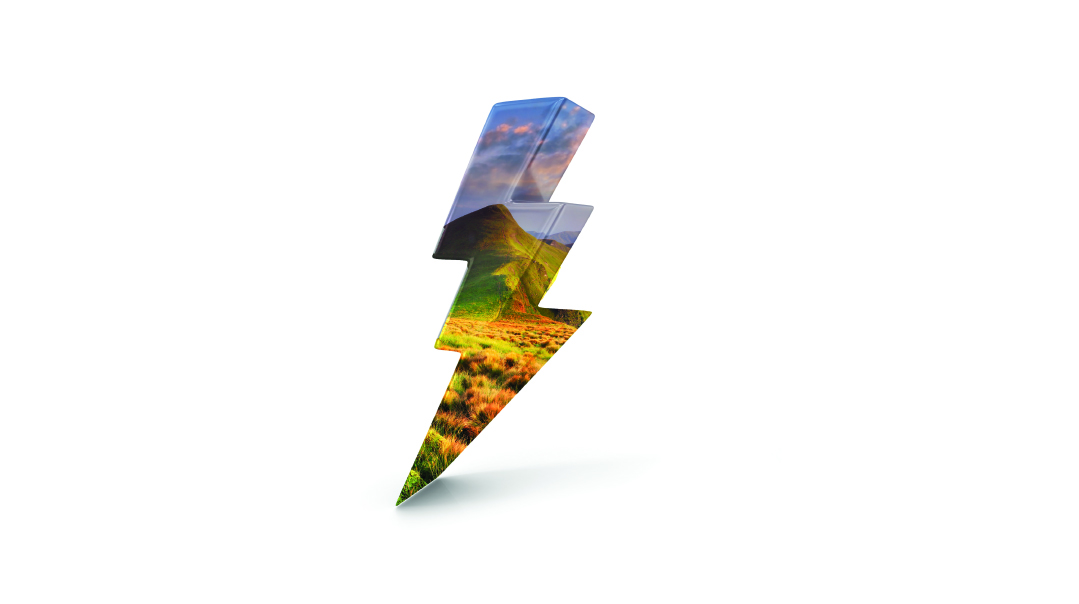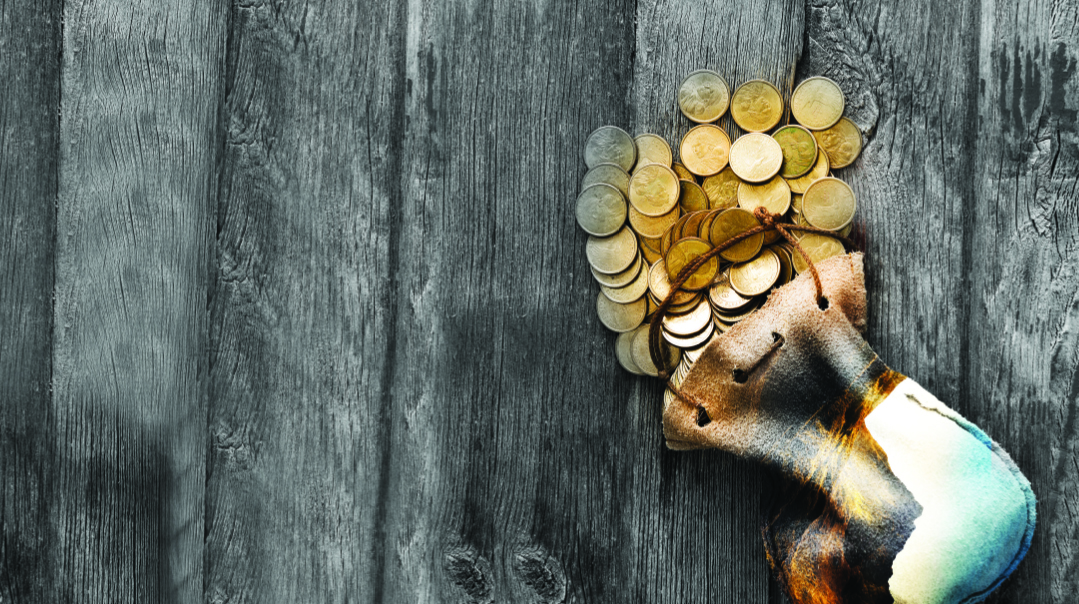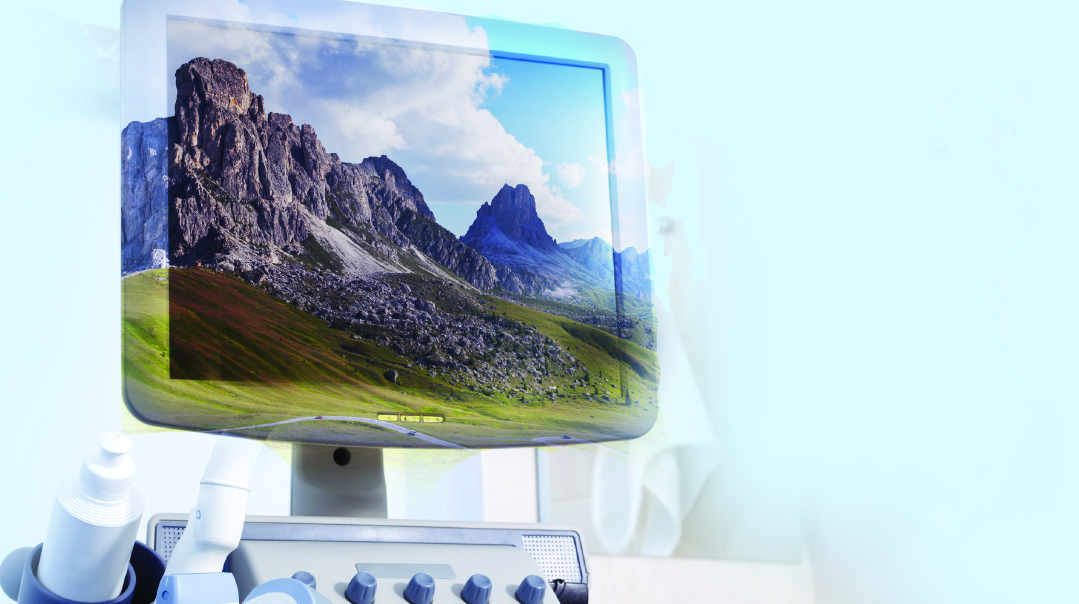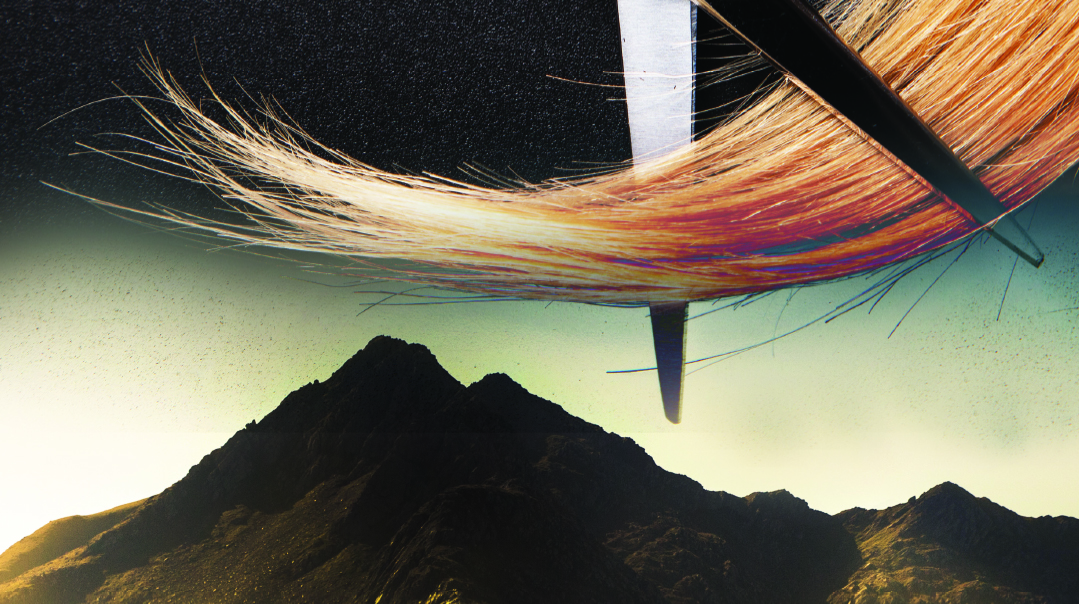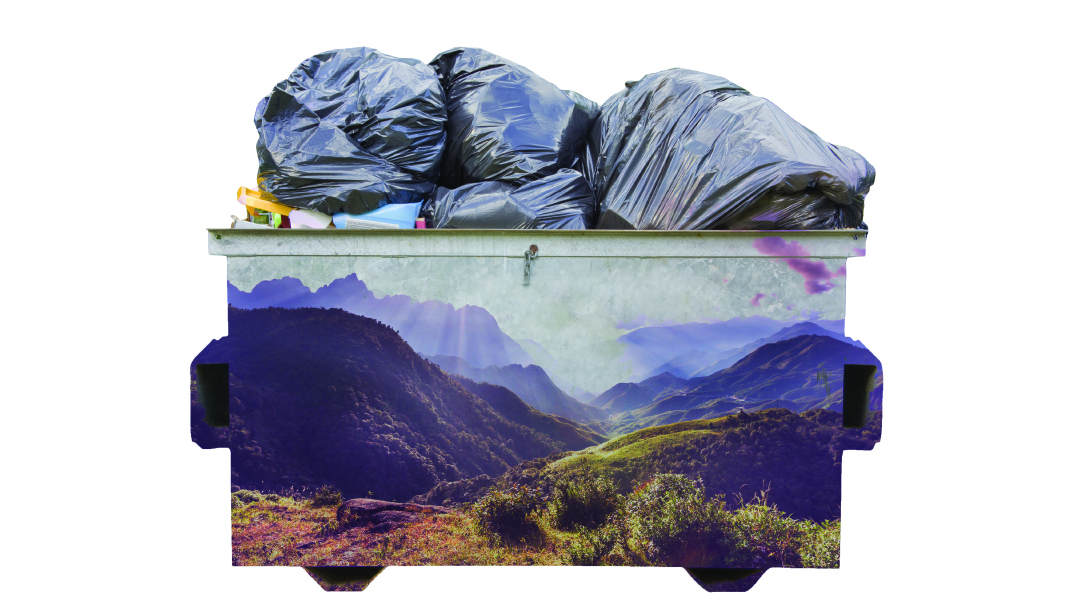Riding the Waves
| September 28, 2016“I accept Your Will Hashem,” I whispered, “I accept this nisayon, please just give me the koach.”
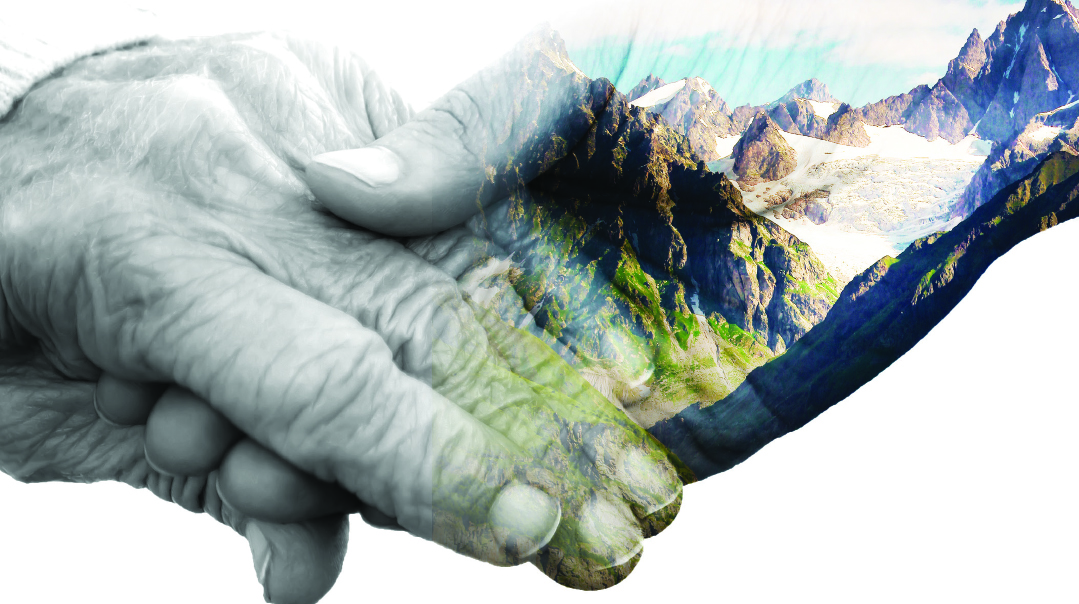
Just recently, I counted. Seven, Eight, Nine… Ten?!
I am in the middle of my tenth trial, sent uniquely for me from my loving Father in Heaven. It started Erev Pesach.
The kitchen looked like a space center, there were enough lollipops and potato chips to last until Succos, and the table was set. My boys were napping blissfully in anticipation of the Seder, and I was basking in that Erev Pesach glow. The phone rang — it was Mommy. But as she spoke, her words slurred into each other. She was in the hospital, she told me. Three thousand miles away.
It wasn’t just a stroke. There were several strokes, the result of an underlying liver malignancy, and Mom was placed in the ICU.
Isru Chag found me flying to Vancouver, that glorious city of ocean, mountains, glass, and green. That cradle of my idyllic childhood has become a jarring cacophony of emotion: nostalgia, happiness, sadness, tragedy.
Two years before, my cherished sister passed away in the same hospital where my mother was being treated. My firecracker of a sister, my only sibling and best friend, left this world at the age of 31, in a palliative-care room overlooking majestic mountains and glittering waters. And now I was back, in the same building, taking the same elevator, to see my treasured mother, who was apparently non-responsive.
But she did respond. I walked in, my rav’s counsel ringing in my ears. Advice about Vidui and end-of-life halachos and a broken heart. At the threshold of the small room, I stopped, closed my eyes, and whispered “ein od milvado.” Just like two years before, I imagined a pillar of light and I clung to that. Hashem was with me in that hospital. “I accept Your Will Hashem,” I whispered, “I accept this nisayon, please just give me the koach.”
And as I walked into the room, my mother opened her eyes, and a smile cracked through: “Hi, Beauty. I love you.”
I cried tears of joy.
For the next six weeks, I spent ten to twelve hours a day at my mother’s bedside. Sometimes I envision myself on a raft amid towering waves. The ebony sky bleeds into indigo waters, and I hold on for dear life. But I am calm. My raft rides the waves in the dark night. I am adrift and I do not know how it will end, but in my deepest core, I know that I am not in charge, and I try to bring myself closer to Hashem.
Mommy gained strength, and was moved down to the regular ward. We would talk and laugh and cry during the moments she was stronger, desperate and hopeful I love yous punctuating every exchange. I became my mother’s heath representative and power of attorney. My 30th birthday, spent in ICU with Mom, was hardly cause for celebration, though I felt like I owed it to my sister to appreciate every healthy year.
My husband and kids flew in every weekend so we could spend Shabbos together, and once my mom stabilized, I became the frequent flyer, the “Shabbos Mommy.” The neurological picture improved slightly and I sang praises to Hashem. The more news we received about the cancer, however, the more we realized that the situation was dire.
Eventually, discharge was a possibility and Mom was going home. Her room was relocated to the ground floor and 24-hour care was implemented. But Mom was home and she could look out at her lush, emerald garden and be enveloped in the coziness of her space.
There were extraordinary moments when I felt that this nisayon was my main singular purpose. Moments that sent me reeling in shock and anger, yet when I took a pause, it cleared. Ein od milvado.
There was that time when I sat in the small family conference room, with its faded posters curling at the edges, in worn chairs that have witnessed people’s darkest and most hopeful moments. There, with the few others in my mother’s intimate healing team, I heard the surgeon spew out words that one hopes to never hear. He was offering some remote ideas, when I felt strangely detached. I suddenly saw the doctor as Hashem’s actor, sent to this stage in the play of my life.
There have been moments of blessed light and warmth, so reminiscent of my journey two years ago, yet unique and powerful. And through those, I thanked Hashem for His infinite kindness. We have hit the three-month mark since my mother’s first entry into the hospital and things are still unpredictable.
Last week, I lamented to my best friend that I wished I could accept this nisyaon with total and complete love, like Avraham Avinu. “I feel honored to have a best friend on that madreigah,” she said, her voice dubious.
I thought about my connection to Avraham Avinu’s asarah nisyonos and was brought back to my first month in seminary. We were learning parshas Lech Lecha, and indeed, I had left my familiar upbringing and comfortable way of life to follow Hashem’s Will. That was my first trial.
And now, several trials later, while I know I can be gentle with myself, I’m sure that we all have that spark in us, that generational, genetic fortitude to accept nisyonos with love. I work on it.
As I write this, I do not know what tomorrow will bring, but I hear Hashem calling my name, and in the deep recesses of my neshamah, I call back “hineini” — I am here.
In the zechus of a refuah sheleimah for Sara Nechama bas Tzina.
(Originally featured in Family First, Issue 511)
Oops! We could not locate your form.







